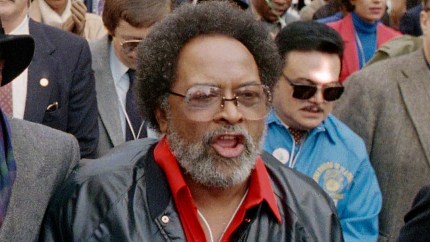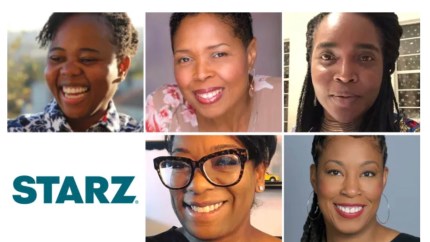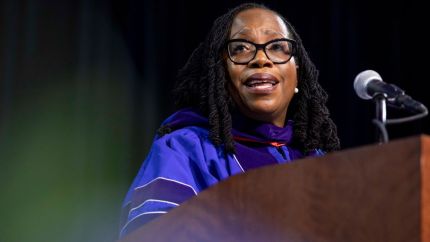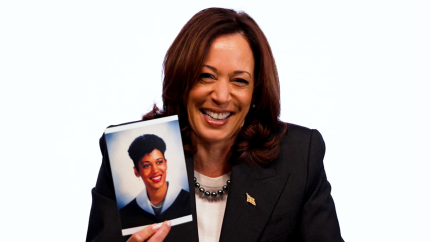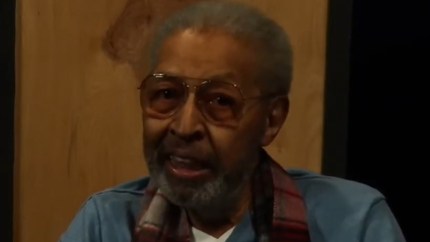Face-down restraint, the position in which George Floyd died, on verge of returning to Minn. schools
Democratic Rep. Cedrick Frazier's bill, passed Monday, is meant to clarify the powers and policies of police officers who work in Minnesota schools.
ST. PAUL, Minn. (AP) — Minnesota lawmakers are on the verge of a compromise that will give police officers who work in schools clearer authority to use force.
Minnesota reacted to the 2020 murder of George Floyd by a Minneapolis officer with a series of police accountability measures that included restrictions on the use of force, such as ban on chokeholds. But a section of a broad education law enacted last year led around 40 police departments across the state to pull their officers from schools. They said new restrictions on the use of face-down prone restraints, which can impair breathing, made it impossible to do their jobs.
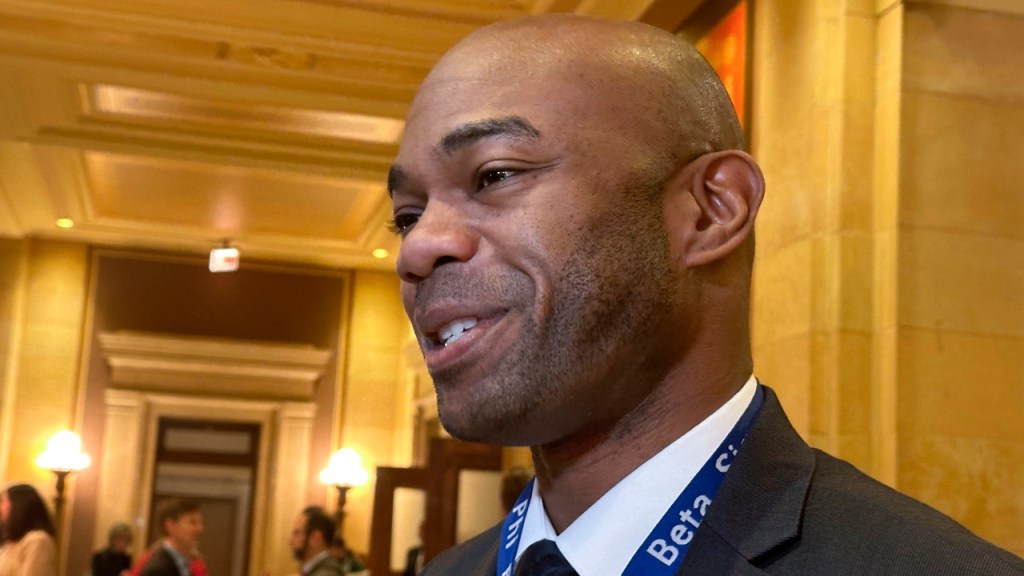
The Minnesota House voted 124-8 Monday to pass a change backed by law enforcement that’s meant to ensure that school resource officers can use prone restraints on students, although school staff would remain banned from doing so. It would also require better training and creation of a model policy on the duties of police who work in schools. It also would expressly prohibit officers from being used to impose discipline for violations of school policies.
“I’m hoping that we can get them all back into school with this stuff fixed today,” said Republican Rep. Jeff Witte, of Lakeville, a retired Burnsville police officer who was a school resource officer for four of them. “And I think this will obviously keep our schools, our students and our teachers safe, but also give our parents some peace of mind.”
The bill’s lead house author, Democratic Rep. Cedrick Frazier of New Hope, said the training requirements and development of the model policy are the “centerpiece” of the legislation for him, and that the process will provide opportunities for community groups as well as law enforcement to weigh in.
The issue has been among the most contentious of the three-week-old legislative session. Some activist groups opposed changing the law at all, framing it as a student safety issue. But the compromise cleared its final House committee last week with unanimous bipartisan support after negotiations among Democrats, Republicans and law enforcement produced a consensus. Frazier said the Senate is just waiting to get the final version.
Groups representing the state’s police chiefs, sheriffs and rank-and-file officers endorsed the compromise language in a letter to lawmakers last week, saying they “feel a sense of urgency to resolve this issue so the SRO’s who are not currently in Schools can return as quickly as possible.”
Recommended Stories
The Minnesota Police and Peace Officers Association listed at least 41 school districts that had lost their officers as of last fall. The group doesn’t have up-to-date figures but spokeswoman Leslie Rosedahl said “only a few” departments have sent their officers back, even after Attorney General Keith Ellison issued guidance last year saying that the new education law didn’t prevent police from using “reasonable” force to prevent injury or death.
Minnesota school districts aren’t required to have school resource officers and most didn’t, even before Floyd’s murder put Minnesota in the international spotlight and forced a reckoning on racism and police brutality. The Minneapolis school district was one of many across the country that eliminated them in the wake of Floyd’s death amid concerns that armed officers in schools disproportionately arrest students of color..
The Los Angeles Unified School District cut more than 100 of its officers in 2020. Denver schools decided last year, amid an upsurge in school violence, to bring them back after agreeing earlier to phase them out. But it’s hard to put a number on how many school systems across the country made changes after Floyd’s death, said Mac Hardy, director of operations for the National Association of School Resource Officers.
The emphasis on training in the new Minnesota legislation resonates for Hardy. Officers assigned to schools need to be well-trained, specifically on working in a school environment, he said.
Hardy, who previously worked as both a teacher and as a school resource officer, said officers need to understand the adolescent brain to understand how students react in stressful situations and how to de-escalate conflicts. He added that officer selection is also important because they need to enjoy being around kids and must want to be assigned to schools.
Never miss a beat: Get our daily stories straight to your inbox with theGrio’s newsletter.
